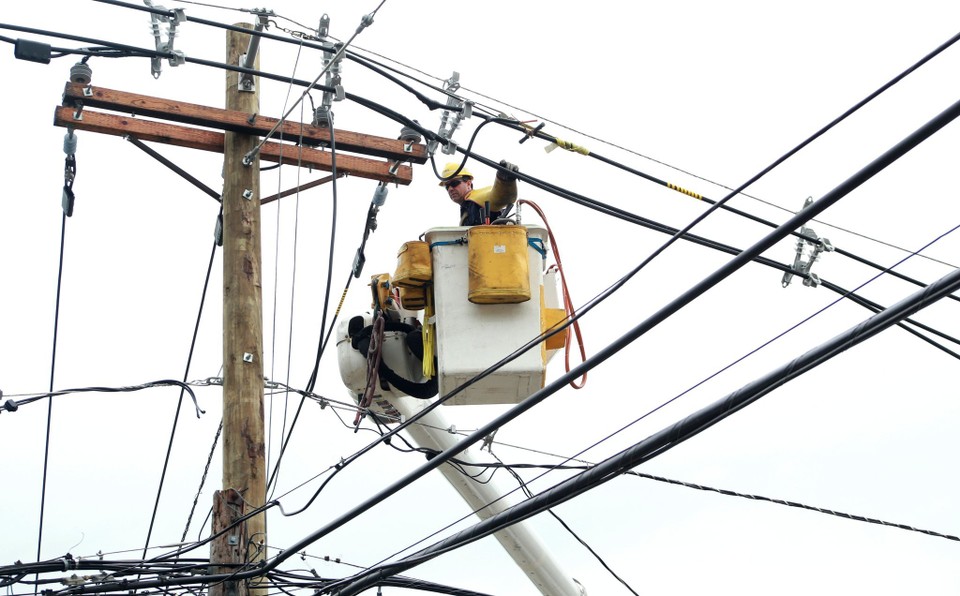Amy Higgins
A standard home insurance policy will cover the structure of the building and its contents, liability issues and, often, living expenses in the event the home is uninhabitable after a disaster. While a power surge that fries all of a home’s electronics might seem disastrous, policyholders may be shocked when their insurance providers refuse to pay for certain electricity-related damage.
Look after electronics
Lightning is typically included as one of the threats that home insurance policies cover. Lightning strikes can cause not only physical damage to a home, but can create power surges that damage electronics as well. Your home insurance likely will pay for damaged electronics in these situations. However, there may be a coverage limit per item damaged by a surge, as well as limits on computer equipment, according to the Insurance Information Institute. In other words, the payout you receive may not be enough to replace all the expensive equipment destroyed by the surge.
Review your policy and be sure you’re getting enough coverage for your electronics. You can increase the coverage limits on your electronics — but your premium also will increase, according to the Insurance Information Institute.
Home-based businesses, beware!
Coverage limits for electronics can be especially problematic for those with home-based businesses who rely on technology. After all, a power surge could damage office machinery and stall business productivity. A typical power surge can send 500 to 1,000 volts through any cable, line or wire that connects business equipment to the outside world, according to Nationwide. Power surges can disrupt software, delete data and destroy circuitry meant to handle a mere 120 volts, Nationwide points out. Without sufficient equipment insurance coverage, home-based business owners would have to foot the bill to repair or replace damaged equipment.
In many cases, home insurance does not provide sufficient equipment coverage for home businesses. In fact, it usually provides no more than $2,500 to replace damaged equipment, according to the Insurance Information Institute. However, a home business policy offers comprehensive coverage for business equipment and files; it also usually includes business interruption coverage, which pays for lost income if a home office is damaged so badly that it can’t be used.
Spoiled rotten
Power surges can wreak havoc on your electronics. But power outages can cause even more problems. When power is off for an extended amount of time, perishable food can decay and needs to be thrown away. This is especially frustrating when your refrigerator has been recently stocked. So can you be compensated for your loss?
According to Massachusetts Office of Consumer Affairs and Business Regulation, basic home insurance policies usually do not cover food lost from a power outage, but it’s possible your insurance provider may offer this coverage for an additional premium. However, the policy may be limited to cover power losses that occurred only within the home or where electricity enters the home. In other words, if the source of the power loss is miles away, you may not be covered.
Then again, American Family Insurance says it will pay for spoiled food up to a specific limit listed in a home insurance policy if a covered threat, such as an ice storm, causes a power outage. According to American Family’s website, food spoilage will be paid for regardless of whether the source of the power outage was on or away from the policyholder’s property — and the policy deductible does not apply.
Surge protection
To ensure you’re properly insured for electricity issues, read the fine print in your policy. You may be surprised what is and isn’t covered. For instance, electrical issues caused by floods or earthquakes are not covered under your home insurance unless you specifically purchase coverage against those threats. Also, consider installing surge protectors to minimize the damage — and home insurance claims.

3 thoughts on “Spring storms can leave you powerless: How to get insurance for electrical issues”